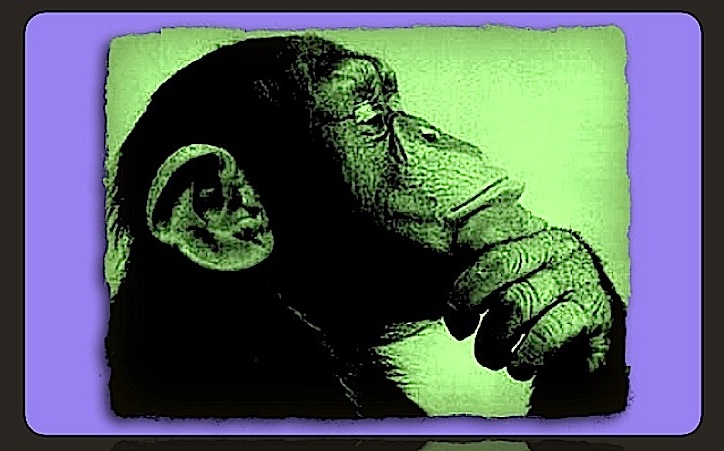David Hume Section 8: Liberty and Necessity
Hal Ninethousand & Colby Fuller in Conversation
Hume thinks that our free will (liberty) must operate on the basis of causes (necessity) or it would be impossible to associate someone with their own behaviour and actions.
All laws are founded on rewards and punishments, which are based on assuming as a fundamental prin- ciple that rewards and punishments have a regular and uniform influence on the mind, producing good actions and preventing evil ones. We may call this influence anything we like; but as it is usually con- joined with the action it must be regarded as a cause, and as being an instance of the kind of necessity that I have been presenting.
The only proper object of hatred or vengeance is a person or creature that thinks and is conscious; and when any criminal or injurious actions arouse that passion, it is only by their connection to the person whose actions they are. Actions are by their very nature temporary and perishing; and when they don’t come from some cause in the character and disposition of the person who performed them, they can nei- ther bring him credit (if they are good) or discredit (if they are bad). Even if the actions themselves are blameable - even if they are contrary to all the rules of morality and religion - the person isn’t responsible for them, and can’t possibly become, on account of them, the object of punishment or vengeance, be- cause they didn’t come from anything in him that is durable and constant as his character is, and they leave nothing durable and constant behind them in him.
So according to the principle that denies necessity, and consequently denies causes in human behaviour, a man who has committed the most dreadful crime is as pure and untainted as a newborn baby. His character is in no way involved in his actions, since they aren’t caused by it; and the wickedness of the actions never be used as a proof of the depravity of the character.
- Colby Fuller:So who's responsible for a persons actions if they're not the person's that performed a crime or something similar?
- Hal Ninethousand:Hume is saying that they precisely are the responsibility of the person who, for example committed a crime. His point is that causality is exactly what ties a person to their actions. If someone acts badly we can say it was caused by a bad aspect of their character, or it was caused by their bad judgement. Many philosophers, particularly at the time Hume was writing, thought that human beings could only have free will if they were not subject to causality. Hume thinks this would separate actions from agents - if the action could not linked to any aspect of the person's character or judgement then how could you hold them responsible.
- Hal Ninethousand:Does that help? this is a bit tricky!
- Colby Fuller:Ahh I see... So Causality is the main influence on ones behavior therefore you can't hold someone responsible for their actions if it isn't their actual own action?
- Hal Ninethousand:Yes! If someone did someone that was entirely 'free' in the sense of being disconnected from everything else in the world and the character and situation of that person - how would it have anything to do with them?
- Colby Fuller:Ahh ok I get it, thanks!
- Hal Ninethousand:For Hume a person's 'free' will can't be entirely free, it has to be connected to a person's situation and circumstances, influenced by all the causal factors that influence them, but free in the sense that they 'will' it free from coercion and constraint, and there 'willing' is a 'different kind of cause' from the physical causes that we see in nature. That's why it's compatibilism. Time for my cocoa and pipe now.
